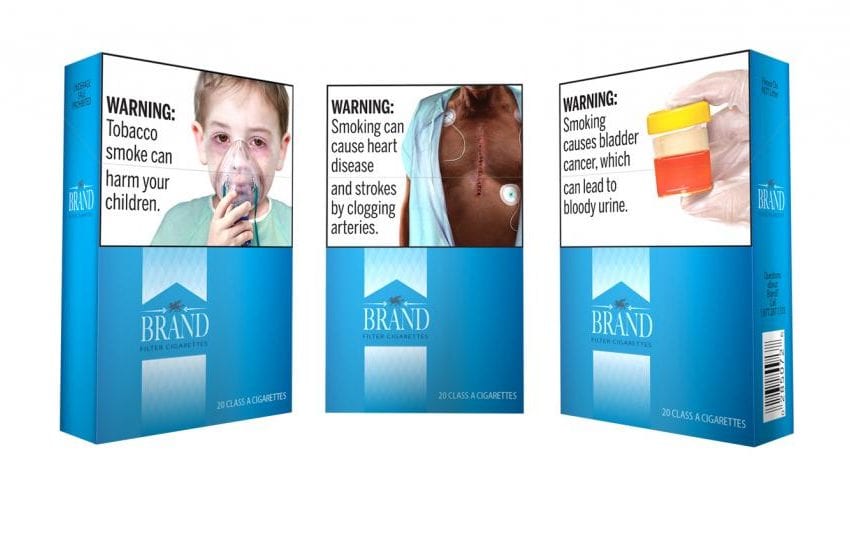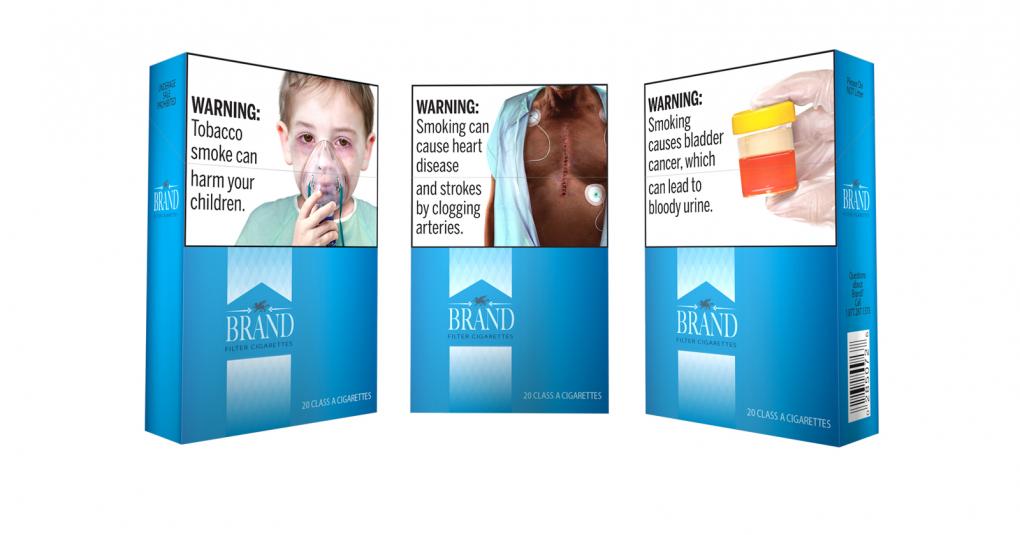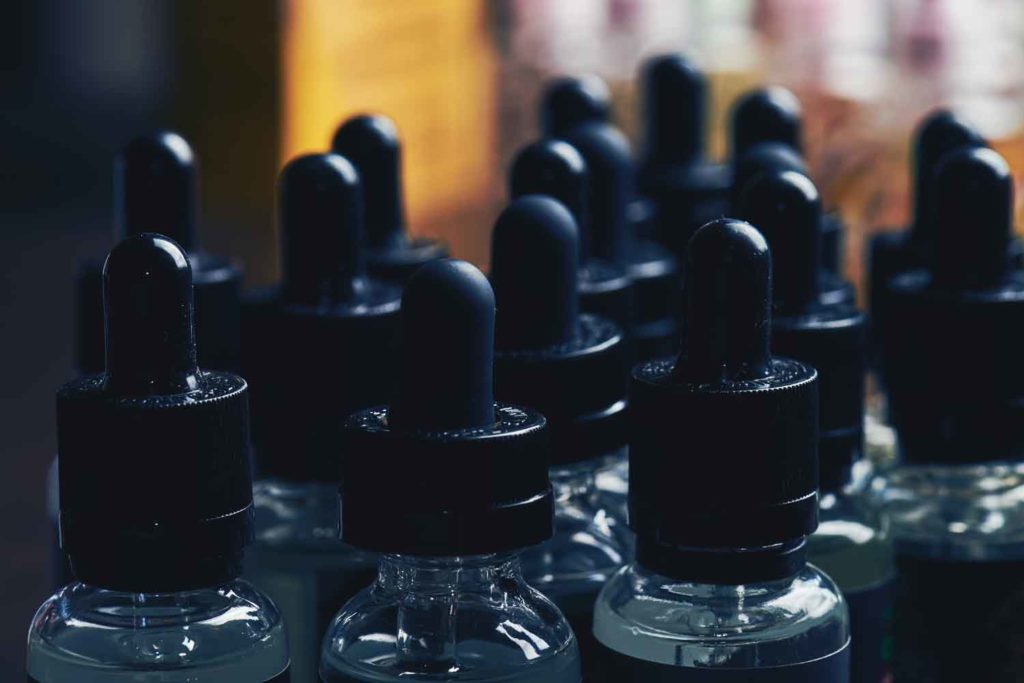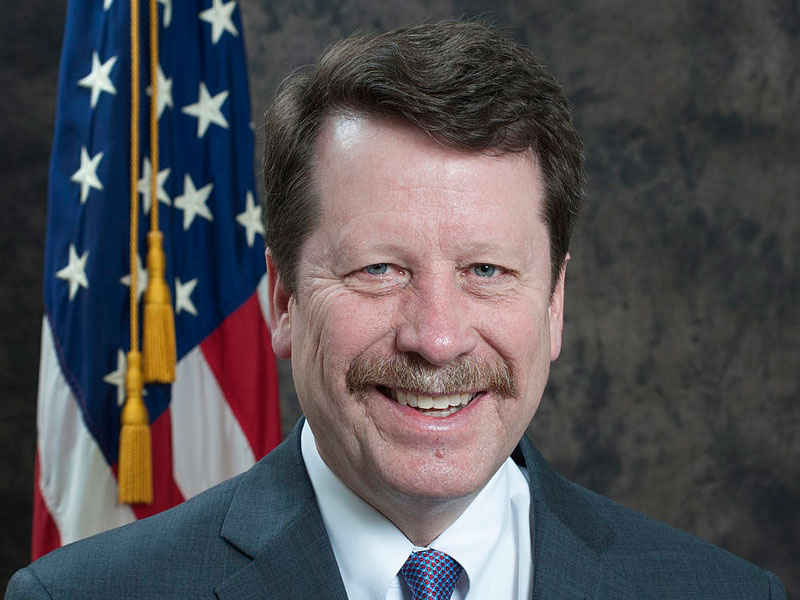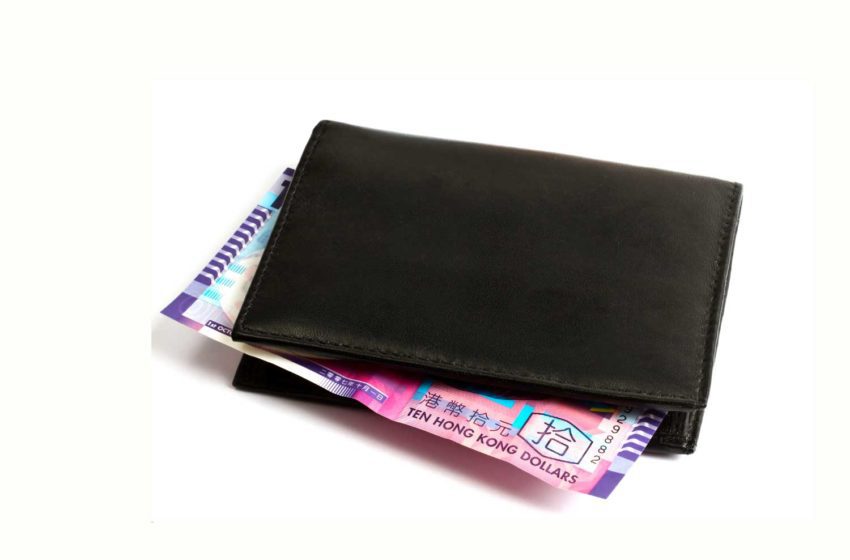
The Supreme Court of Texas has agreed to hear a lawsuit by a vaper burnt by an exploding battery to determine if Texas courts have jurisdiction over LG Chem America, a subsidiary of South Korea-based LG Chem, which made the battery, reports Law360.
In 2016, Texas resident Tommy Morgan bought an 18650 lithium-ion battery manufactured by LG Chem. He claims it unexpectedly exploded and caught on fire, leading to him suffering permanent and severe injuries, according to his lawsuit filed in 2019 in Brazoria County District Court.
The companies are facing other lawsuits by Texas residents with similar claims concerning batteries exploding. But intermediate appeals courts have come to different conclusions on whether LG Chem has enough contacts in the state to face claims.
LG Chem America and LG Chem have argued that Texas courts lack jurisdiction because the companies don’t sell individual batteries in Texas nor directly to Texas customers. LG has consistently stated in litigation throughout the country that this battery was never intended to be used in e-cigarettes or vaping devices.
Morgan told the Texas high court that the company deliberately shipped its products to Texas customers who were later injured, therefore Texas courts have jurisdiction.







